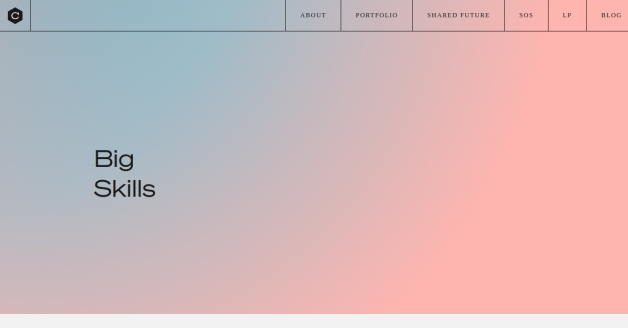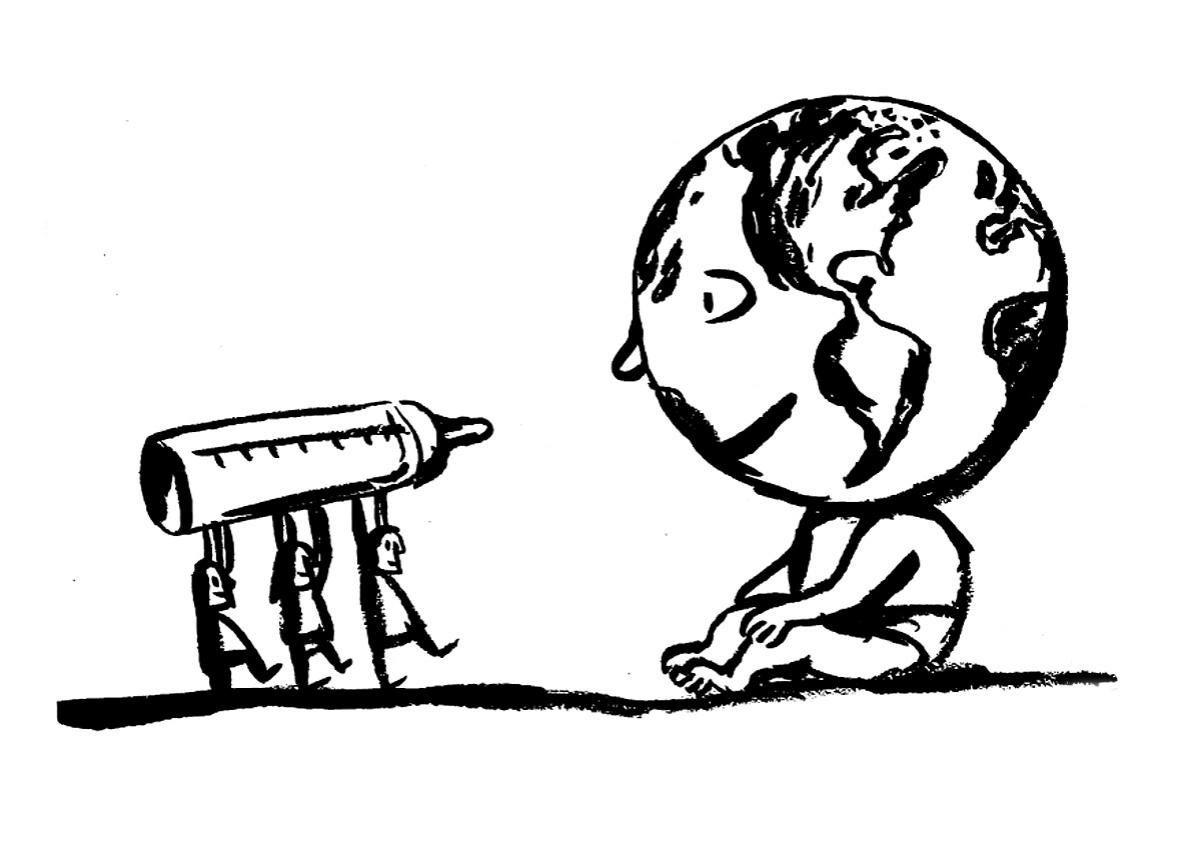Links for May 7, 2022
🔨 Big Skills — Collaborative Fund
Morgan Housel argues that combining ordinary skills in unique ways can lead to spectacular results because they compound:
It’s tempting to want to find the one big skill that will set you apart. But most incredible things come from compounding, and compounding isn’t intuitive because the incremental inputs are never exciting on their own.
He goes on to list valuable skills that sometimes get overlooked. A few of my favorites:
- "Curiosity across disciplines, most of which are outside your profession."
- "The willingness to adapt views you wish were permanent."
- "Respecting history more than forecasts."
The full list is well worth a read.

🍼 Baby-Sitting the Economy — Slate
Paul Krugman recounts the story of a group of young professionals in the 1970s who formed a baby-sitting co-op. They created an arrangement where families could earn coupons for baby-sitting each other's kids. These in turn could be redeemed for having others watch their kids.
The coupons ("scrip") led to a sort of small economy forming, and with it, the challenges of managing one:
[F]or complicated reasons involving the collection and use of dues (paid in scrip), the number of coupons in circulation became quite low. As a result, most couples were anxious to add to their reserves by baby-sitting, reluctant to run them down by going out. But one couple’s decision to go out was another’s chance to baby-sit; so it became difficult to earn coupons. Knowing this, couples became even more reluctant to use their reserves except on special occasions, reducing baby-sitting opportunities still further.
In short, the co-op had fallen into a recession.
Amidst the current economic uncertainty, the full story is a fascinating look at how consumer psychology, monetary supply, and fiscal policy intersect.
And how, when you're growing a complex system, you have to be mindful of many interdependent factors.

🎶 A Stanford Psychologist Says He’s Cracked the Code of One-Hit Wonders — The Atlantic
What makes music popular? And what's the difference between a one-hit wonder and an artist who enjoys sustained popularity? Stanford psychologist Justin Berg proposes an answer to these question in a new paper:
“Novelty is a double-edged sword,” Berg told me. “Being very different from the mainstream is really, really bad for your likelihood of initially making a hit when you’re not well known. But once you have a hit, novelty suddenly becomes a huge asset that is likely to sustain your success.” Mass audiences are drawn to what’s familiar, but they become loyal to what’s consistently distinct.

🐦 Tweet of the Week
All growth requires loss. A loss of your old values, your old behaviors, your old loves, your old identity. Therefore, growth sometimes has a component of grief to it.
— Mark Manson (@IAmMarkManson) April 23, 2022



